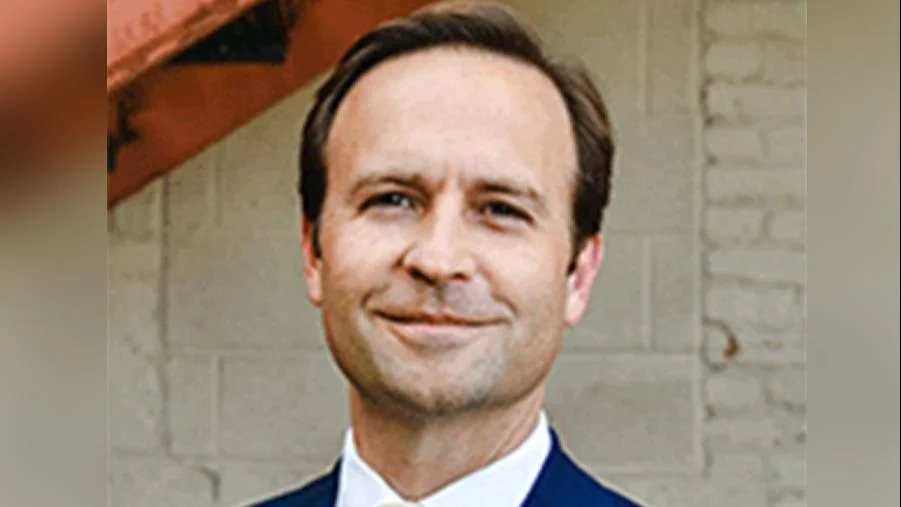Brian Calley President and Chief Executive Officer at Small Business Association of Michigan | Official website
Brian Calley President and Chief Executive Officer at Small Business Association of Michigan | Official website
As leaders, handling difficult conversations is a key skill in the workplace. Addressing issues such as feedback, performance, or conflict requires careful communication. Mary E. Corrado, writing for ASE and shared by the Small Business Association of Michigan (SBAM), highlights three practices that can help leaders manage these situations.
Corrado notes that honesty forms the foundation of meaningful conversations. She writes, “At the heart of any meaningful conversation is honesty. Employees look to us for clear, straightforward communication, not for assumptions or exaggerations. Being ‘true’ means sharing facts and personal perspectives without crossing the line into judgment.”
She encourages leaders to reflect before entering tough discussions: “Am I making assumptions, or do I need more information? Am I reacting emotionally, or can I share my perspective calmly? Is what I’m about to say a reflection of what’s true for me, rather than a critique of someone else’s intent?” According to Corrado, delivering honesty with clarity helps build trust among team members.
Kindness is also essential when dealing with sensitive topics. Corrado states, “Kindness is not about softening the truth. It’s about delivering it with empathy and respect.” She points out that tone and intention are as important as words themselves and suggests checking one’s motives before speaking up: “Are you trying to be helpful or hurtful? Supportive or scolding?” Even if messages are misunderstood, she believes kindness can be shown by listening and apologizing when needed.
Another point Corrado raises is that not every thought needs to be expressed during challenging conversations. Leaders should consider their goals and whether they are addressing issues for the right reasons: “What is my goal here? Am I speaking up for the greater good, or simply to be right? Is this my place to address, or should someone else lead this conversation?” Sometimes choosing silence over immediate response can have a stronger impact.
Corrado concludes that focusing on what is true, kind, and necessary allows leaders to foster dialogue instead of defensiveness in their teams. This approach can turn difficult discussions into opportunities for growth and strengthen workplace culture.
For additional leadership resources from SBAM partners like ASE, readers can find more news at SBAM's website.





 Alerts Sign-up
Alerts Sign-up